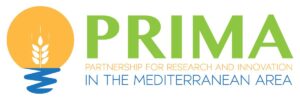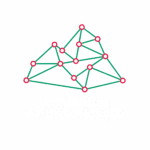Identification & Background
Project designation: VALMEDALM – Valorization of Mediterranean almond trees through the use of integrated intercropping strategies
Project code: PRIMA/0013/2021
Main objective: The proposal aims to enhance local production of Mediterranean almond through the implementation of intercropping practices as an integrated strategy aligned with economic and social aspects, as well as sustainable principles for adaptation to climate change
Region of intervention: Mediterranean
Beneficiary entity(s):
MORE – Laboratório Colaborativo Montanhas de Investigação, Associação (project leader)
Instituto Politécnico de Bragança
Centro Nacional de Competências dos Frutos Secos
University of Split
Università degli Studi di Palermo
Agricultural Research Organization – Volcani Institute (ARO)
National Research Centre (NRC)
University Sultan Moulay Slimane
National Institute of Agronomic Research
Approval date: 10/12/2021
Start date: 01/06/2022
Date of completion: 31/05/2026
Investimento total elegível: 1 373 757,50 €
Investimento elegível do MORE CoLAB: 55.455,00 €






